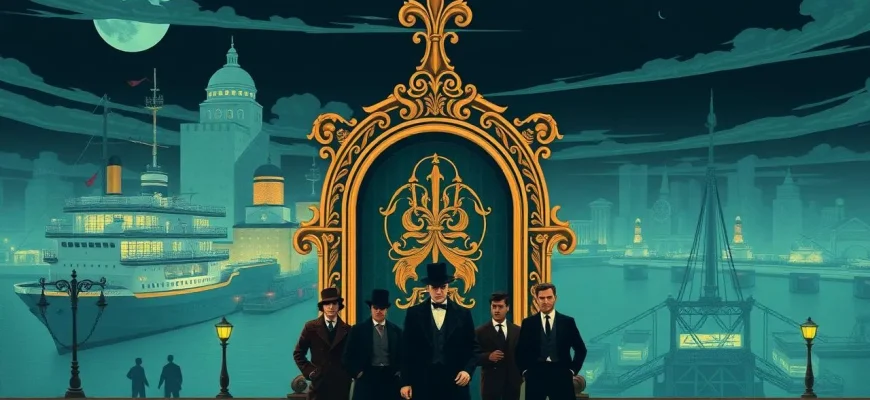Ports have always been a hotbed for criminal activities, from smuggling to heists, making them the perfect backdrop for thrilling crime stories. This collection of films showcases the darker side of these bustling maritime hubs, where the line between legality and lawlessness is often blurred. Whether you're a fan of gritty realism or high-octane action, these films offer a unique perspective on crime, set against the backdrop of the world's ports.
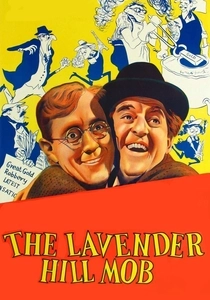
The Lavender Hill Mob (1951)
Description: A classic Ealing comedy where a bank clerk plans to steal gold bullion from his workplace, using the port of London to smuggle it out. The film's charm lies in its clever heist plot and the port's role in the scheme.
Fact: The film was nominated for an Academy Award for Best Writing, Story and Screenplay.
 Watch Now
Watch Now
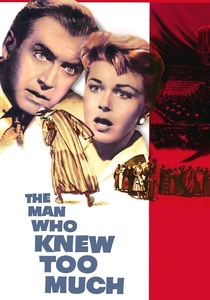
The Man Who Knew Too Much (1956)
Description: Alfred Hitchcock's thriller involves a kidnapping and assassination plot, with key scenes set in the port of Marrakech, where the crime unfolds.
Fact: This was Hitchcock's second adaptation of the same story, the first being in
 Watch Now
Watch Now
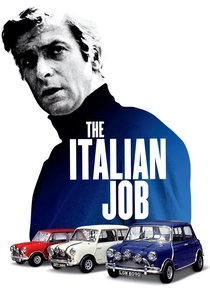
The Italian Job (1969)
Description: Although primarily set in Turin, the film's heist involves smuggling gold through the port of Dover, making it a fitting entry for this list. The iconic Mini Cooper chase adds to its appeal.
Fact: The film's famous line "You were only supposed to blow the bloody doors off!" has become a cultural catchphrase.
 Watch Now
Watch Now
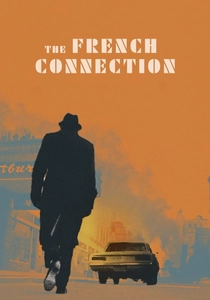
The French Connection (1971)
Description: This classic film follows two New York City cops as they uncover a heroin smuggling ring that uses the port of Marseille as its base. The gritty realism and intense car chase scenes make it a must-watch for crime film enthusiasts.
Fact: The famous car chase was filmed without permits, adding to its raw, unscripted feel.
 Watch Now
Watch Now
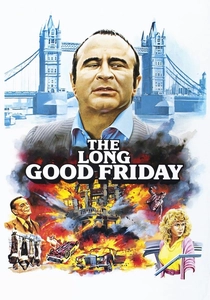
The Long Good Friday (1980)
Description: Set in London's docklands, this film explores the underworld of crime as a gangster's empire is threatened by an unknown enemy. The port setting adds a layer of authenticity to the criminal underworld depicted.
Fact: Bob Hoskins' performance was so compelling that he was considered for an Oscar, though he didn't win.
 Watch Now
Watch Now

The Limey (1999)
Description: A British ex-con travels to Los Angeles to investigate his daughter's death, with scenes involving the port of LA, where the criminal underworld operates.
Fact: The film uses non-linear storytelling, with scenes from Terence Stamp's earlier career spliced in.
 Watch Now
Watch Now
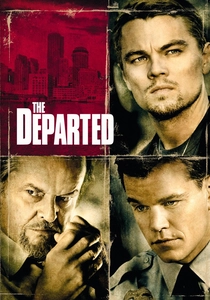
The Departed (2006)
Description: While not exclusively set in a port, Boston's harbor plays a significant role in the film's criminal activities, including drug trafficking and undercover operations.
Fact: Martin Scorsese won his first Best Director Oscar for this film.
 Watch Now
Watch Now
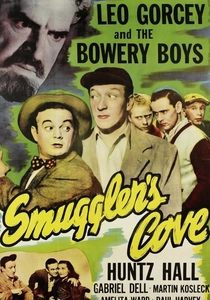
Smuggler's Cove (1948)
Description: A light-hearted adventure where a group of kids stumble upon a smuggling operation in a small coastal town. It's a fun, family-friendly take on the crime genre with a port setting.
Fact: This film was one of the last in the "Our Gang" series, showcasing the transition from silent to talking pictures.
 Watch Now
Watch Now
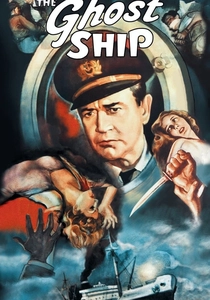
The Ghost Ship (1943)
Description: A psychological thriller about a merchant marine officer who becomes increasingly unhinged, set aboard a ship in port, showcasing the darker side of maritime life.
Fact: The film was directed by Mark Robson, who later directed "Peyton Place" and "Valley of the Dolls."
 30 Days Free
30 Days Free

The Dock Brief (1962)
Description: While not directly about crime at the port, this British comedy-drama involves a barrister defending a man accused of murder, with scenes set around the docks of London, reflecting the criminal atmosphere of the time.
Fact: The film was adapted from a play by John Mortimer, who later created the famous character Rumpole of the Bailey.
 30 Days Free
30 Days Free

